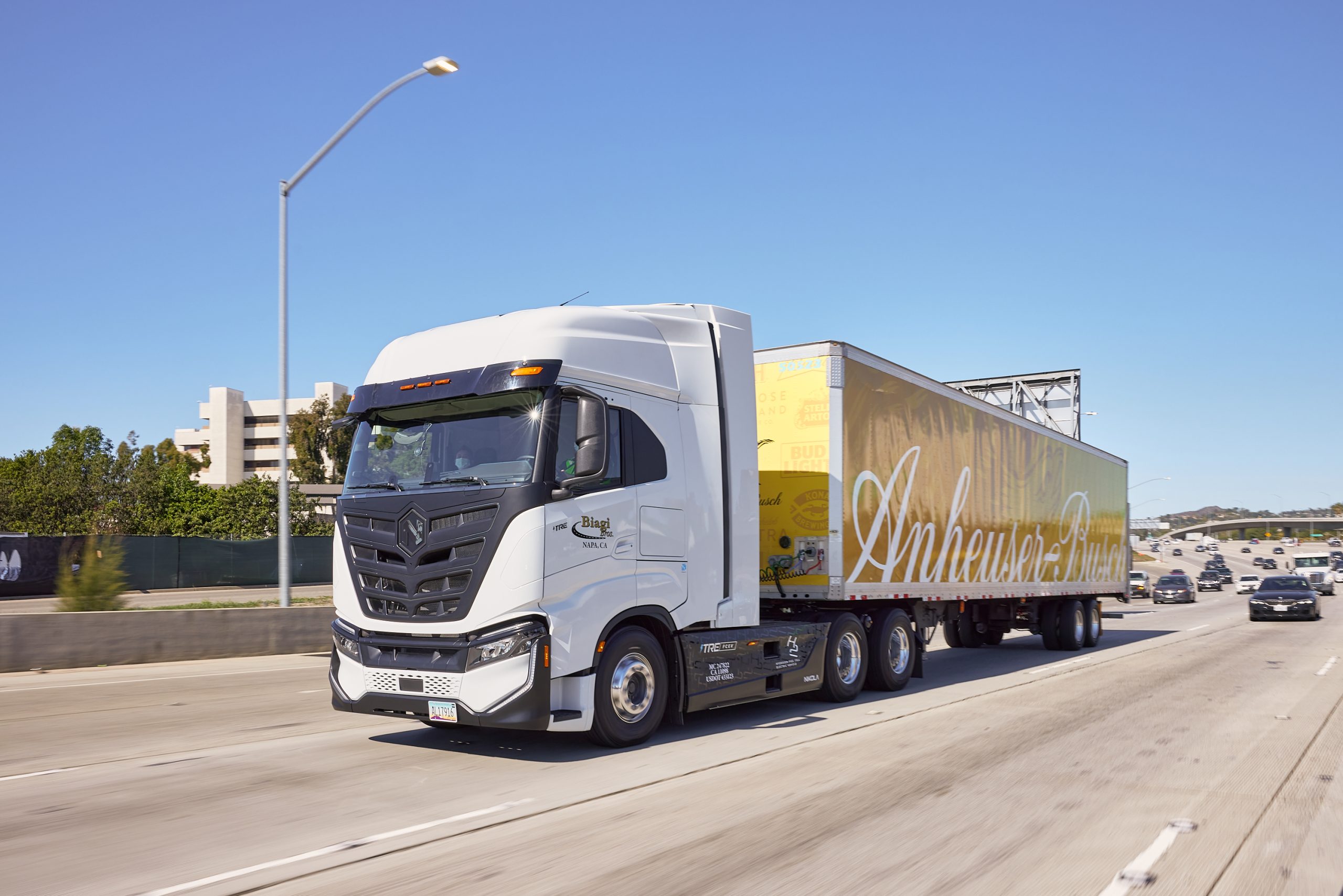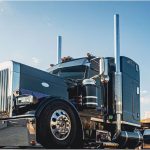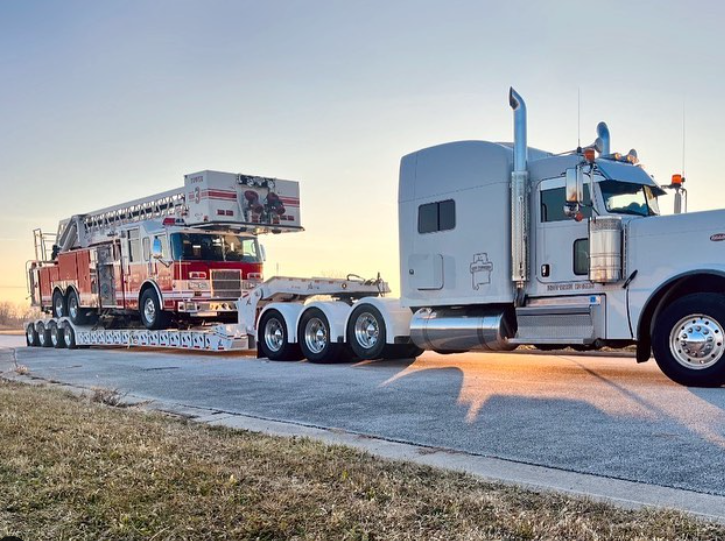The trucking industry has been facing a lot of challenges lately, with one of the biggest being zero-emissions requirements for commercial trucks. While battery-cell rigs are getting a lot of attention, hydrogen-powered trucks are also starting to gain traction. This technology is still in its first generation, but many truck operators are already placing orders for the sleek Nikola trucks that offer longer trips and faster refueling, making them an attractive alternative to battery-cell technology.
While many people in the trucking industry are wary of first-generation technology, others are excited about the potential of hydrogen fuel cells. Pat Gillis, president of the Pacific region for IMC, is one of those people. He’ll soon be taking delivery of his first hydrogen-electric fuel-cell trucks from Nikola, even though the technology hasn’t been proven yet and there’s no fueling infrastructure in place. Gillis plans to have 50 of these trucks in his fleet by the end of 2024, showing that there’s a growing interest in this alternative fuel option.
Battery-cell rigs have been getting a lot of attention, with some truck operators already buying them to meet zero-emissions requirements in California. However, hydrogen-powered trucks are also gaining a following among some heavy-duty truck operators. These trucks offer longer trips and faster refueling, which is especially important for long-distance trips. Additionally, hydrogen-powered trucks can haul heavier loads because they’re not weighed down by industrial-scale batteries.
Despite the potential benefits, there are still challenges to overcome with hydrogen vehicle technology and fueling infrastructure. These challenges include high costs and a lack of fueling stations. However, there are companies that are working to remove these barriers. For example, the Nikola Corporation is building a network of hydrogen fueling stations called the Nikola Hydrogen Network. If this network is successful, it could make hydrogen fuel more accessible to trucking companies, making hydrogen fuel cells a more attractive option.
One challenge that all truck operators will face is the impending zero-emissions requirements for commercial trucks in California. Beginning on January 1, 2023, new trucks calling at California’s seaports must meet zero-emissions requirements, meaning that battery-cell and hydrogen-powered trucks will both need to be used. This deadline is putting pressure on the trucking industry to find alternatives to traditional diesel-powered engines, and hydrogen-powered big rigs could be one of those alternatives.
While hydrogen-powered big rigs are still in their first generation and face several challenges, they’re an attractive option for trucking companies that need to meet zero-emissions requirements in California. These trucks offer longer trips and faster refueling, making them a good option for long-distance travel. While there are still challenges to overcome, there are companies working to remove these barriers and make hydrogen fuel more accessible. Ultimately, the trucking industry will need to find alternatives to diesel-powered engines, and hydrogen-powered big rigs could be the next big push.






